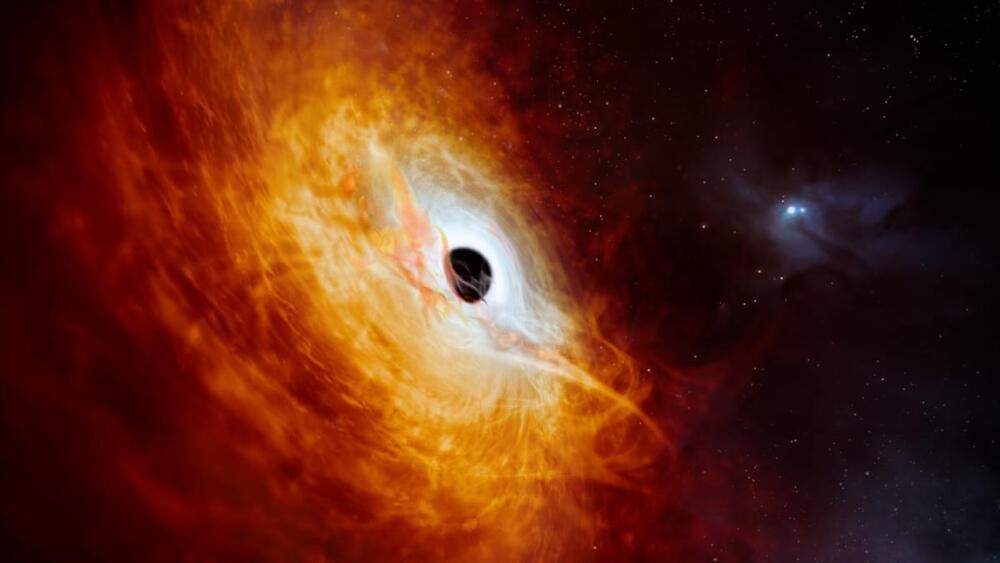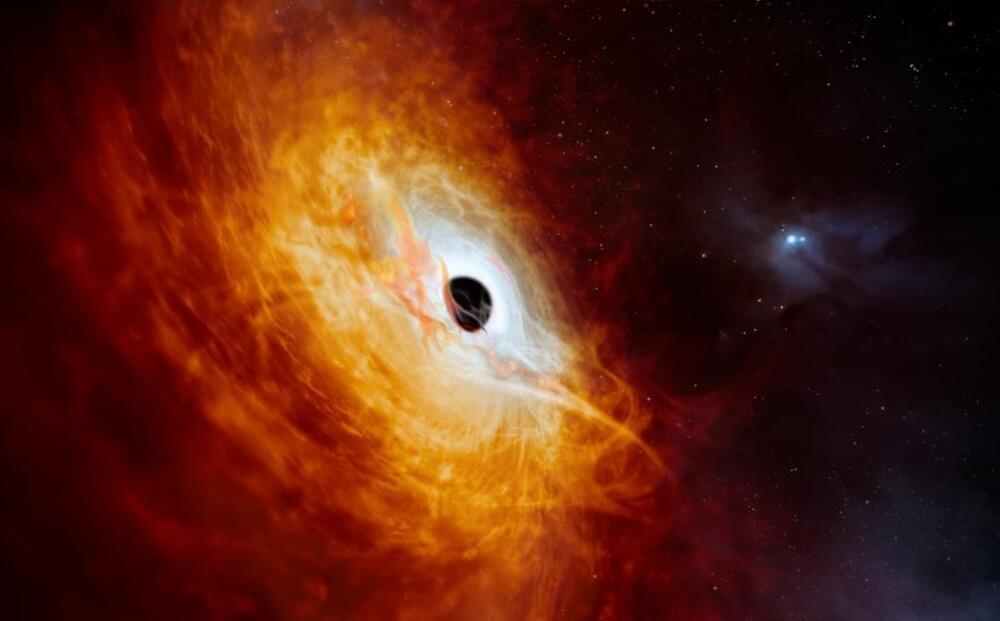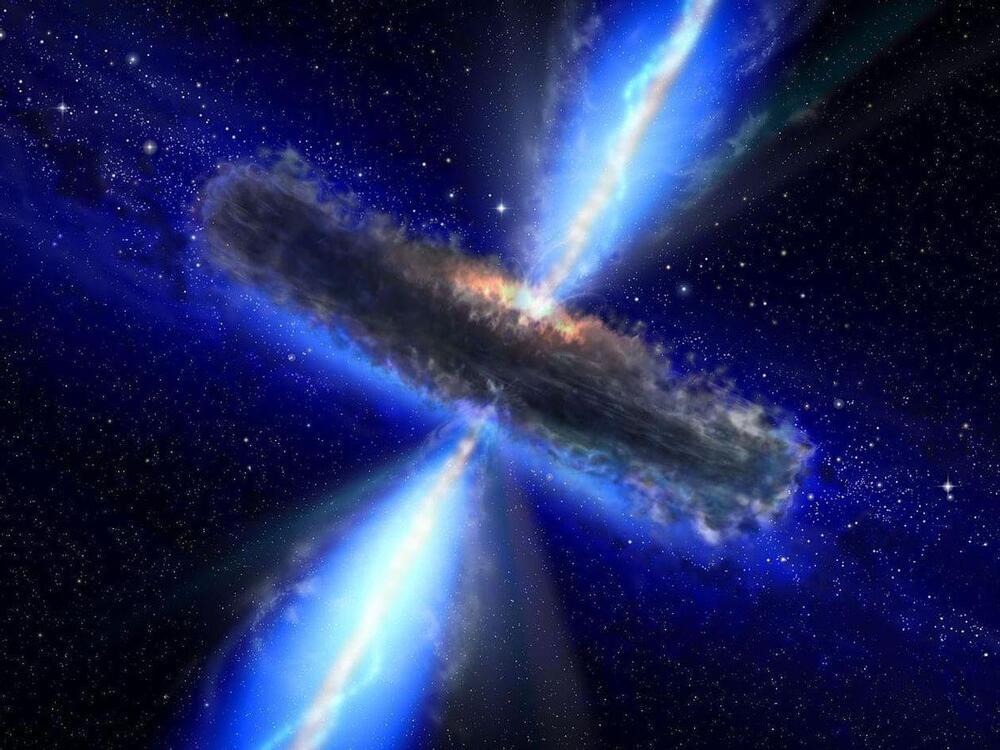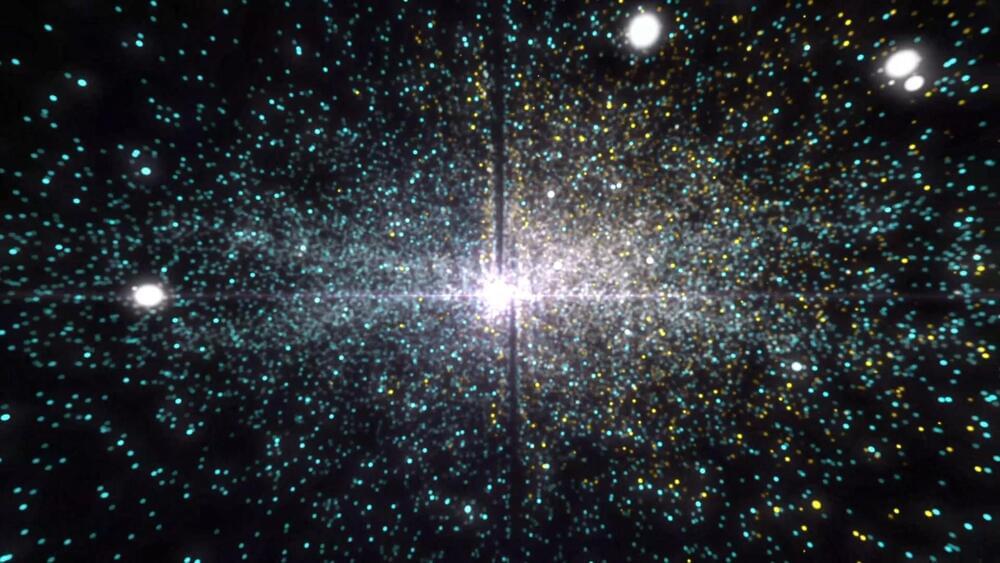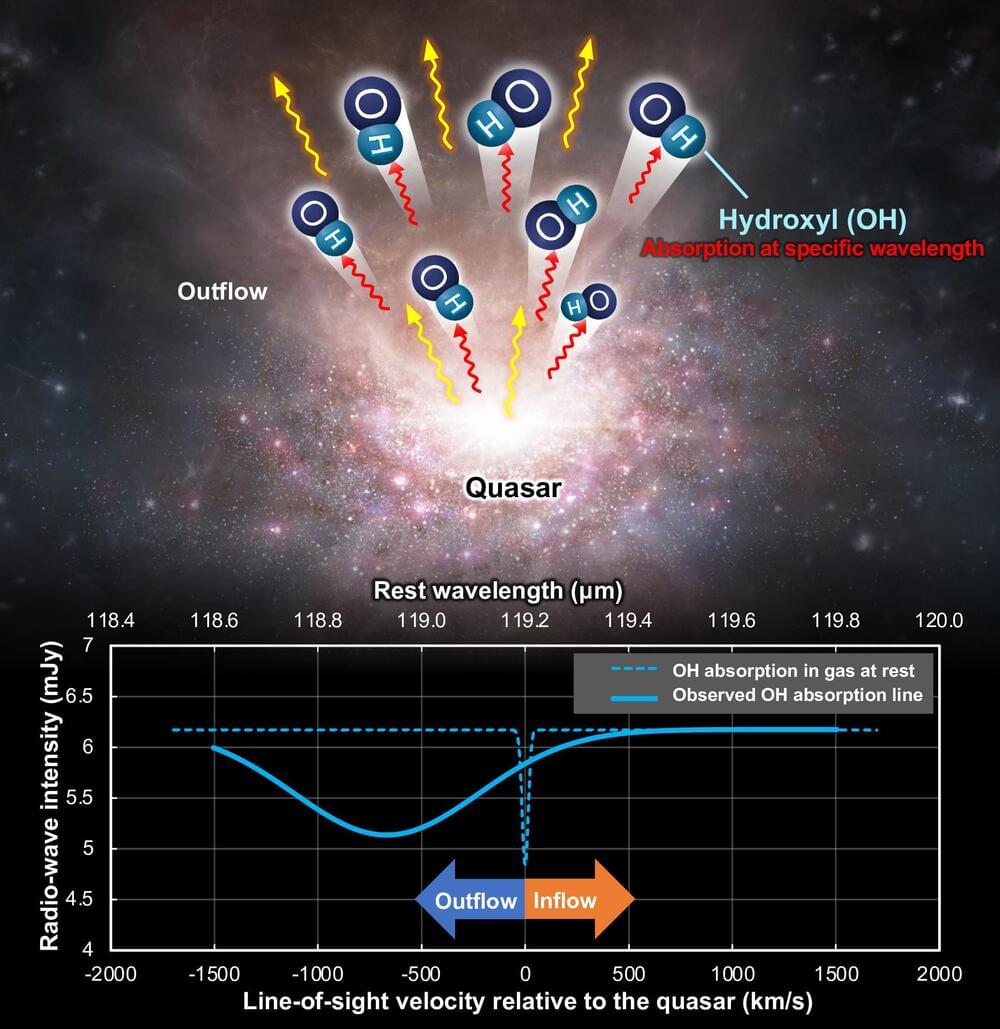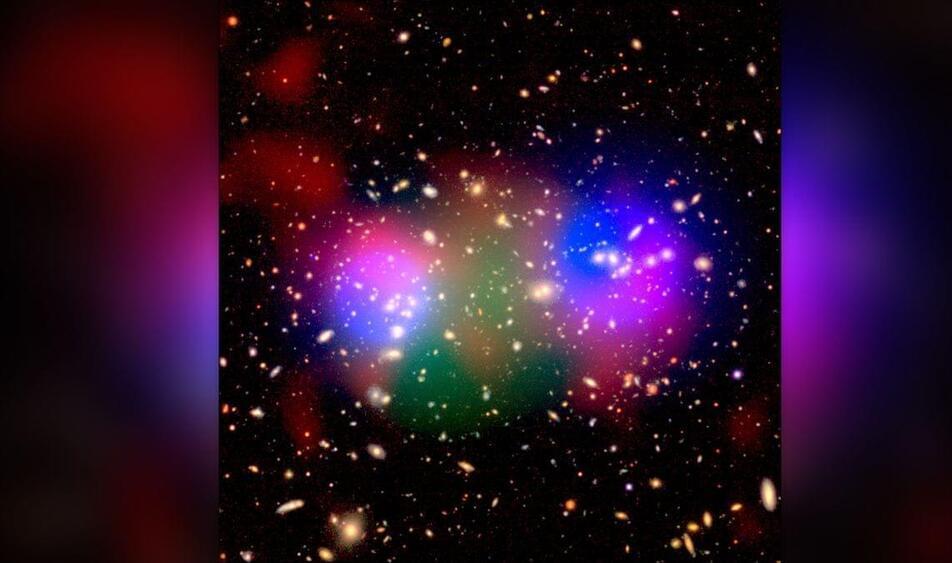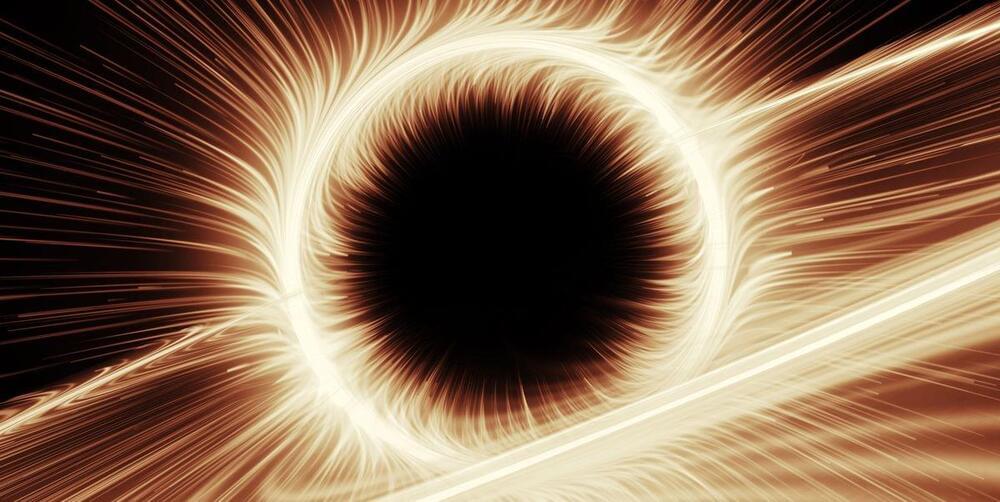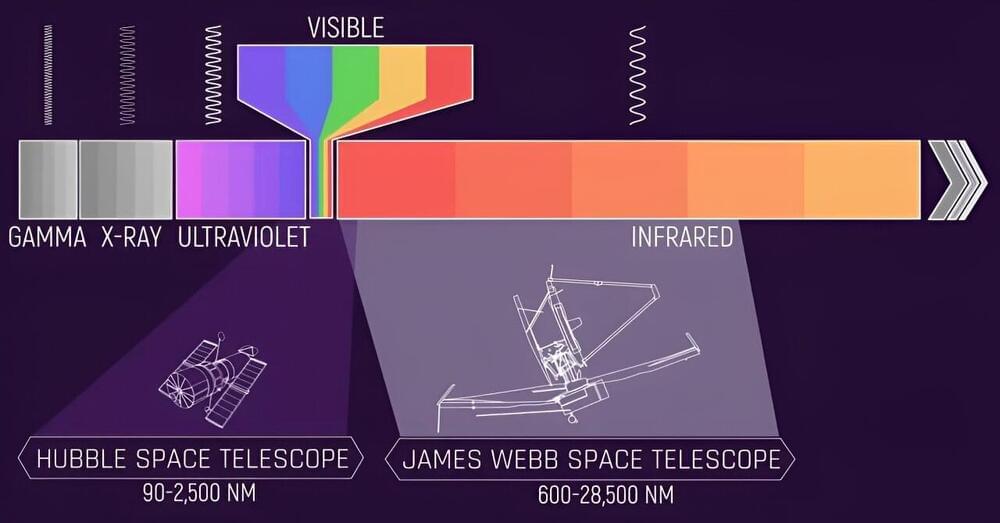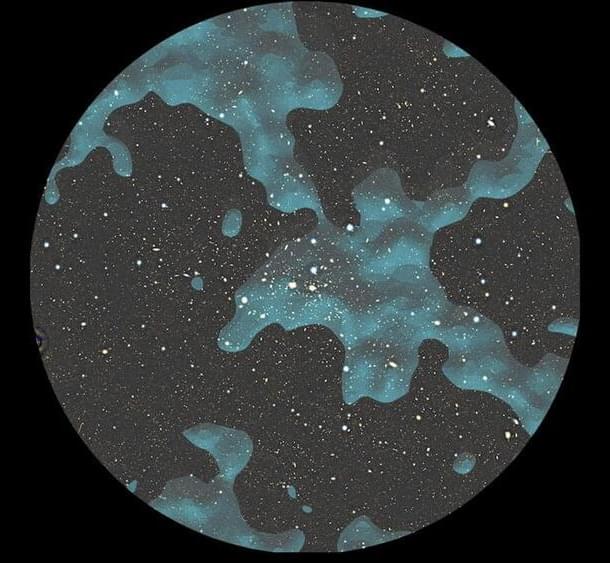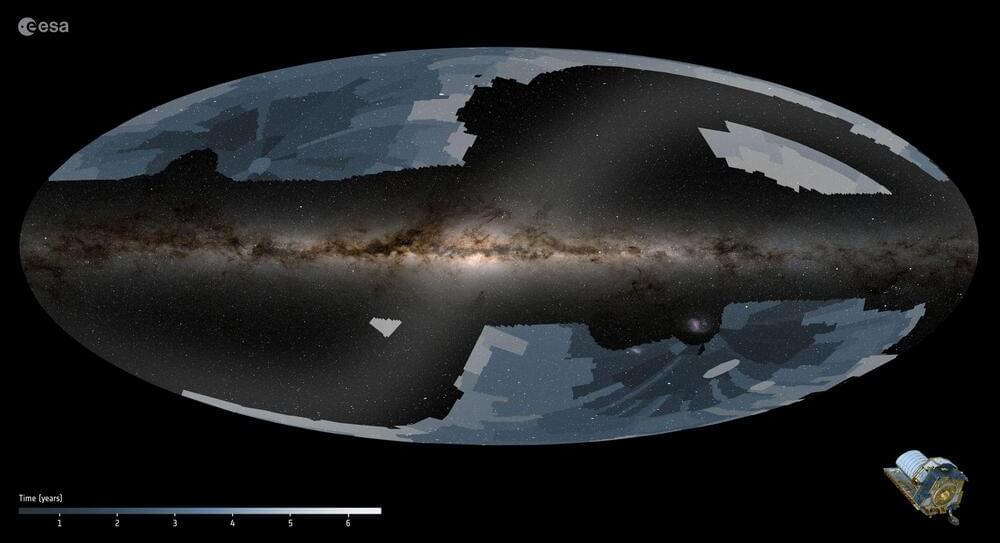Feb 19, 2024
Brightest quasar ever seen is powered by black hole that eats a ‘sun a day’
Posted by Omuterema Akhahenda in category: cosmology
A newly discovered quasar is a real record-breaker. Not only is it the brightest quasar ever seen, but it’s also the brightest astronomical object in general ever seen. It’s also powered by the hungriest and fastest-growing black hole ever seen — one that consumes the equivalent of over one sun’s mass a day.
The quasar, as bright as 500 trillion suns, has evaded astronomers for over 40 years because of its incredible luminosity.
